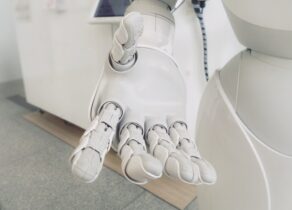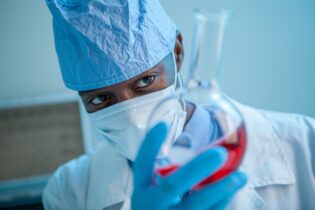Artificial intelligence, drones, and robots are already being deployed on large farms to assist with several management tasks for crops and livestock. However, there are some risks that must be accounted for when turning over our food production to AI-driven machines.
We will discuss the benefits that AI can bring to the world of agriculture, including some applications that are already in place to help our farmers produce more and better-quality food. We will then discuss some potential pitfalls we must be aware of if we turn over our food supply to machines.
AI’s Potential
AI has brought to the world countless tools for personal and industrial use. With agriculture, it has delivered the potential to increase yields, keep pests away, and reduce costs in nearly all parts of farm management.
Our farmers need to know how best to use these tools, and we need to understand how their application can be a benefit. There are already AI applications that are worthwhile and are providing users with successful results. Let us see how the grass is greener on the AI side.
The Smart Farm
AI is leading to smart farms with farming models that have high cognitive ability. This technology is focused on a few specific areas.
Data and Analysis
With new equipment, farms can be set up to track and analyze multiple data points. For example, a farmer can use a drone to review a large tract of land and identify the exact location of a pest infestation or plant disease in real-time. This mass of data has boosted information accuracy and can help farmers make informed decisions when analyzed with AI models.
Robotics and Automation
Robots are used for farm activities such as picking, thinning, and sorting to speed up manual labor work and deal with any labor shortages. The goal is to increase productivity, consistency, and quality while minimizing errors.
Predictions
AI models have been designed to predict changes to weather patterns, soil erosion, and pest infestations to improve farm management and planning. These tools allow farmers to see into the future, assisting them with informed decision-making.
Like other industries, agriculture faces similar constraints related to its use of AI, such as compatibility with current technology, resource availability, security, and potential regulatory issues. Even with these constraints, the future farms will be highly dependent on AI, making them more precise and creating a new “cognitive farm.”
Read the full article here.






